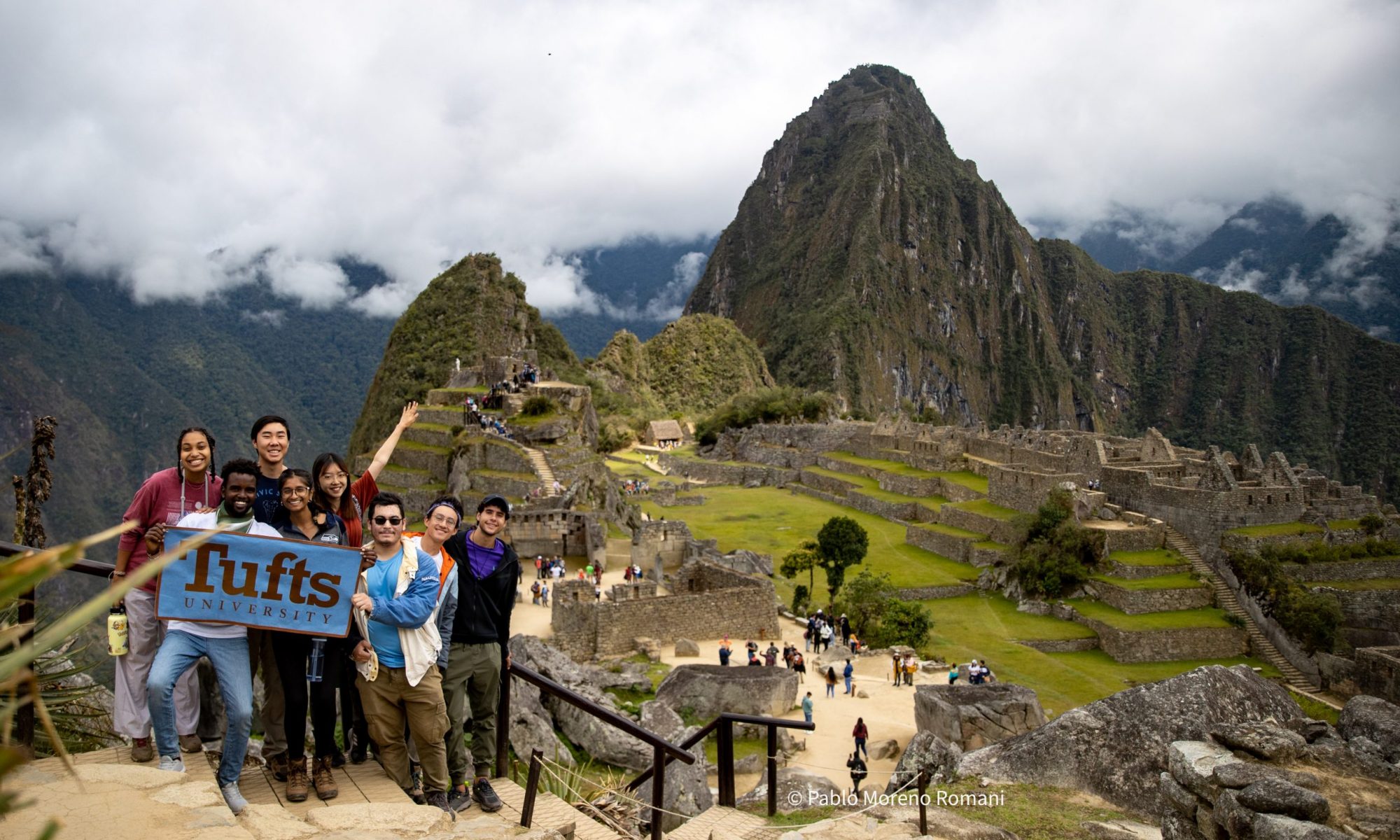
by John, Tufts 1+4 Participant
Tropical Storm Nate—soon to be Hurricane Nate—hit Nicaragua on a Thursday. I heard news of a “southern-Carribean tropical storm,” so I figured I wouldn’t even be affected. The storm itself hit the Atlantic Coast of Nicaragua, but what I didn’t realize is that the small size of Nicaragua means that when a storm like that hits the Atlantic Coast, the Pacific Coast gets beaten up too. The storm pulled water from the Pacific Ocean eastward, causing torrential downpours across the Pacific Coast, where I’m living in León.
I didn’t know what it was going to be like, and I was a little worried that there was going to be flooding like I had never seen. Once it started storming, I was safely tucked away at home, but because the roofs are open air, I still got exposed. While I usually worry about the bugs and bats flying into our kitchen, I was a little more preoccupied with not slipping in the puddle that the floor became. This also meant I had a pretty accurate sense of what the storm was like; I would describe it as “persistent.” It didn’t rain incessantly, there was still some on and off, but it was obvious that the water wasn’t going to end for a while.
I fell asleep to the thundering sound of rain on a tin roof, and I woke up in the middle of the night because the rain had stopped. Temporarily that is. I didn’t think I would ever get used to the sound of the roof being pummeled, but apparently eventually I did.
When I woke up on Friday, I looked outside to see a street full of water, and people going about life as usual. The three-wheeled caponeras still pedaled their passengers with bags of grain, the camionetas were still stuffed with people going to work, and the pulperias were still selling tortillas and beans. I realized then that the storm hadn’t been all that unusual. It was new and intimidating to me, but for everyone else, it was just two extra rainy days in a rainy season.
Since that storm, we’ve had some more rainy days, and now I know how to handle them: get comfortable, drink hot coffee, and ride them out. Big storms aren’t a big deal here because the people don’t make them a big deal. They do what they can to be comfortable, but in the end, it’s about accepting what comes and making the most of it. It’s part of the culture that I live in, and a part I’m hoping I can take with me when I leave.



Very interesting John, thanks for this story!